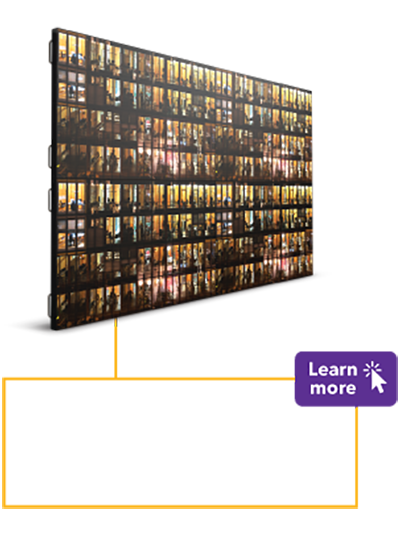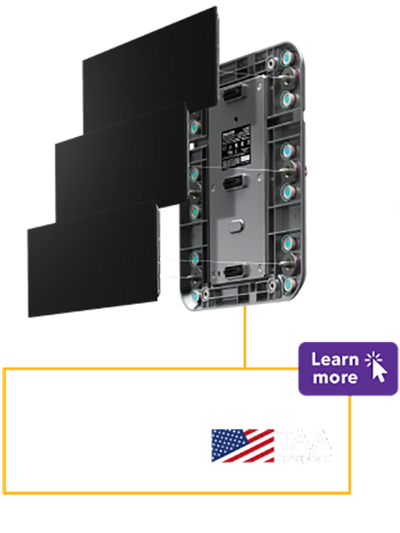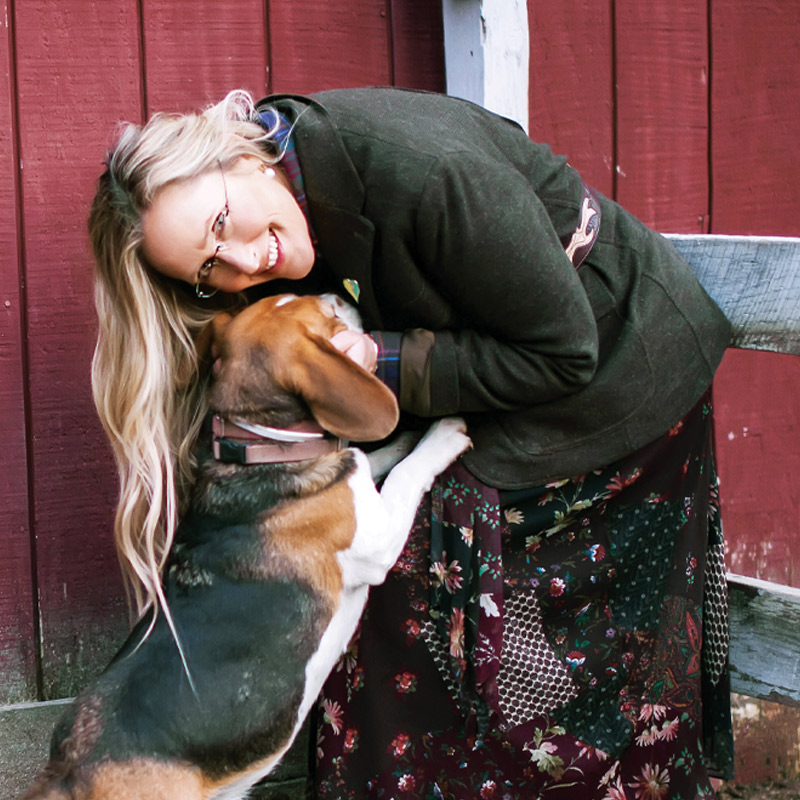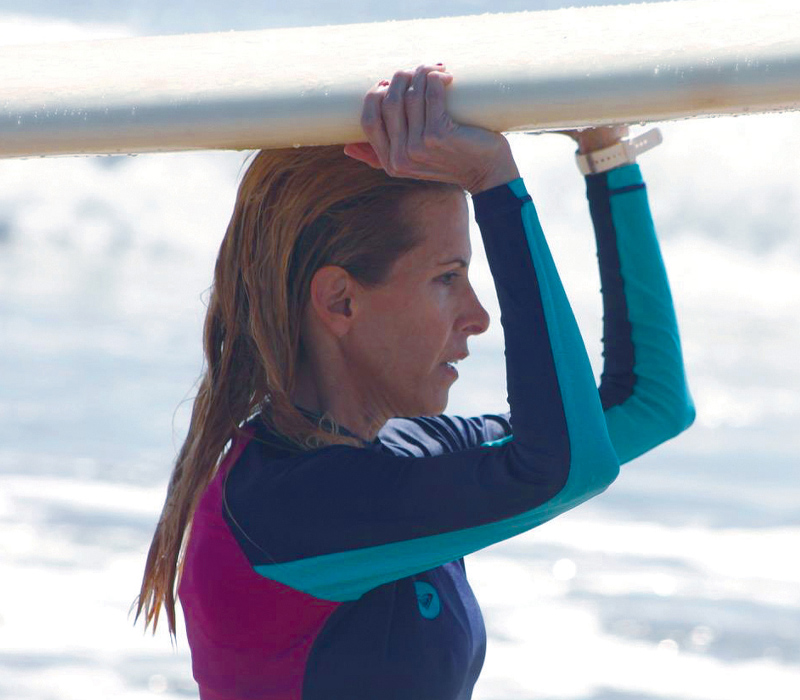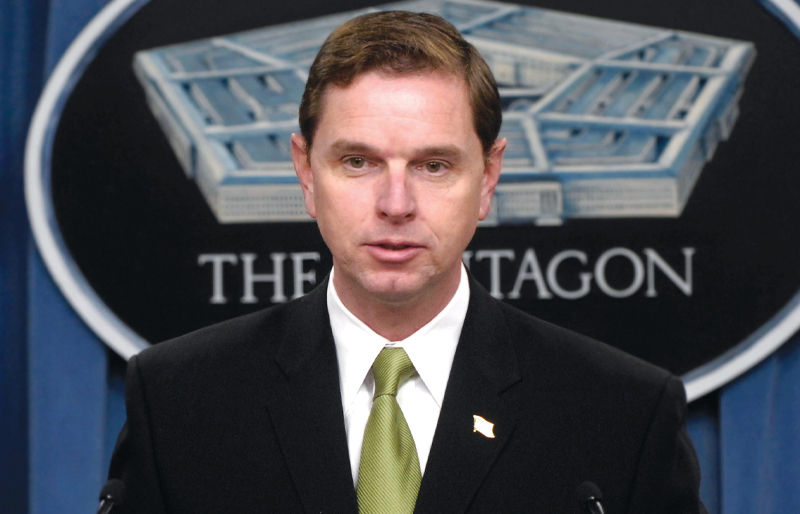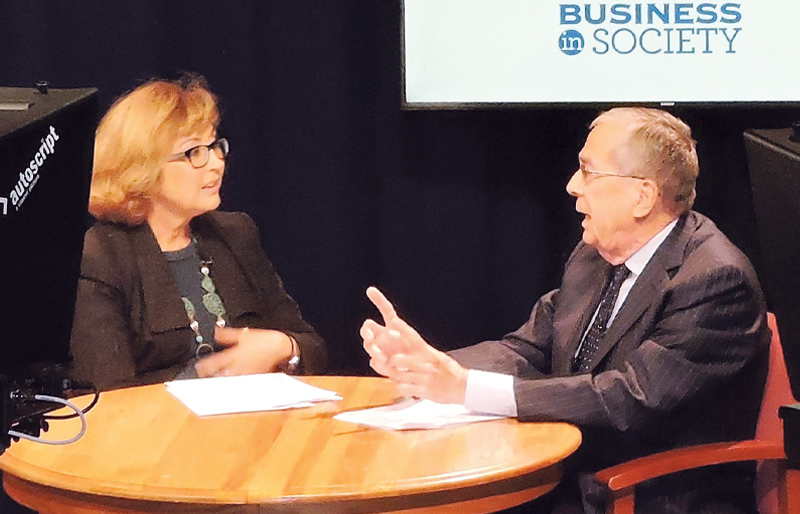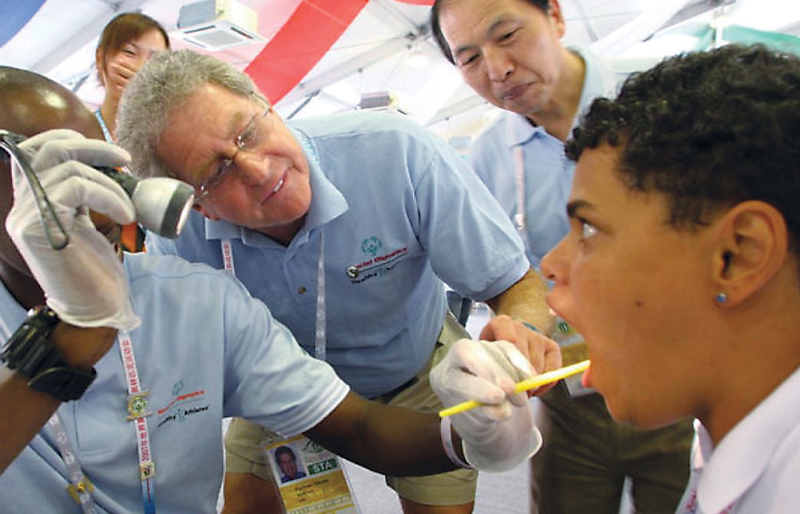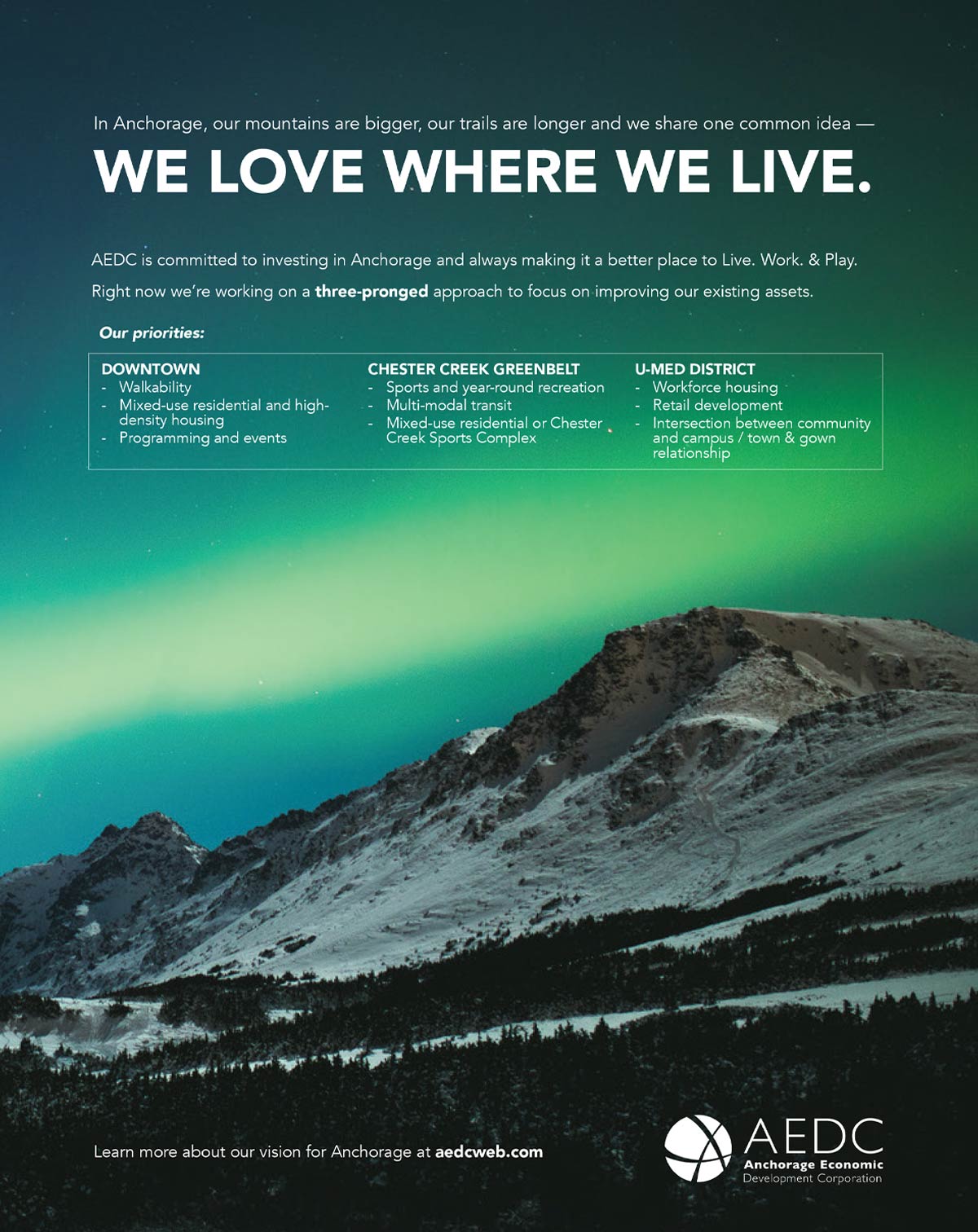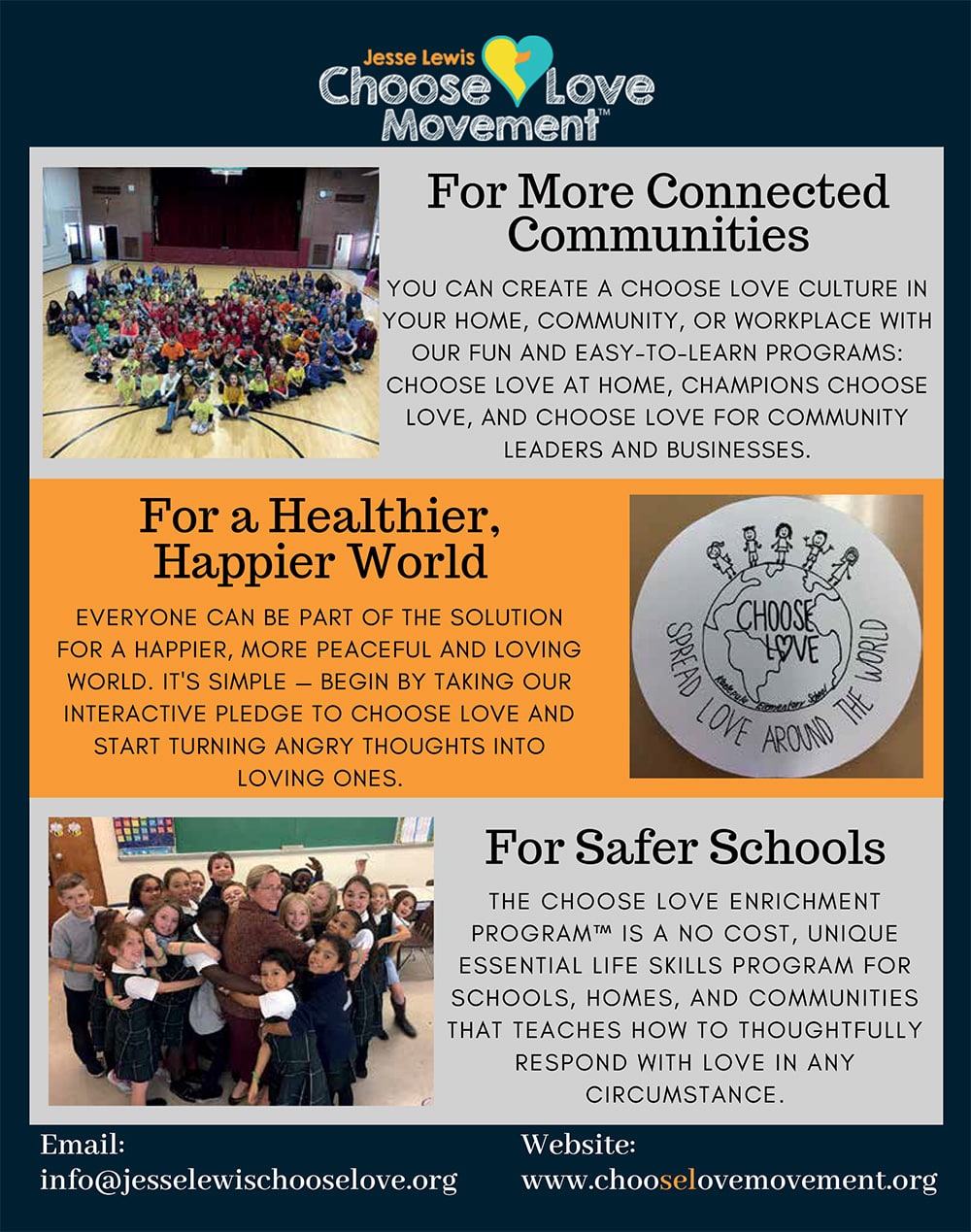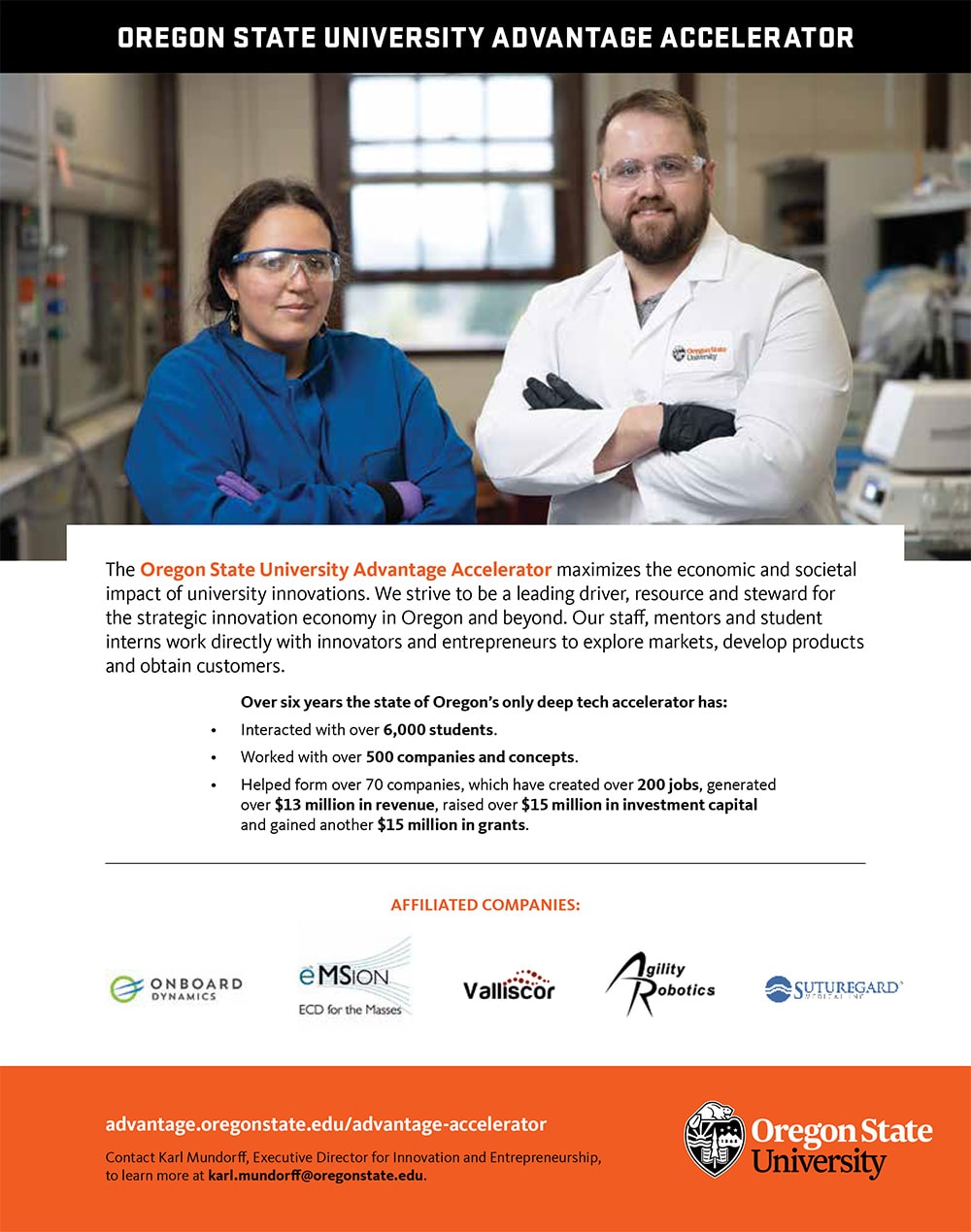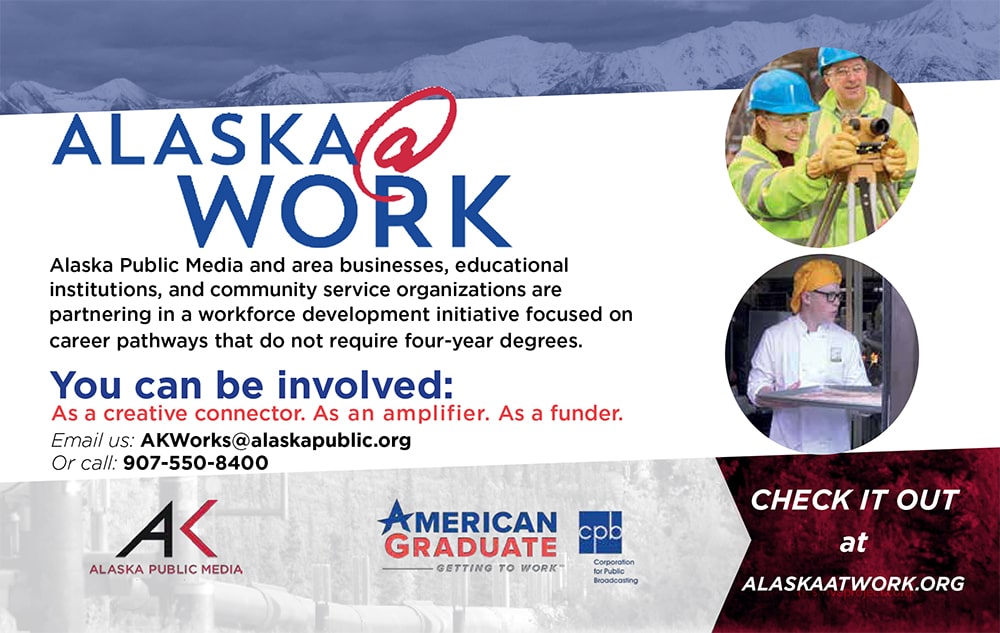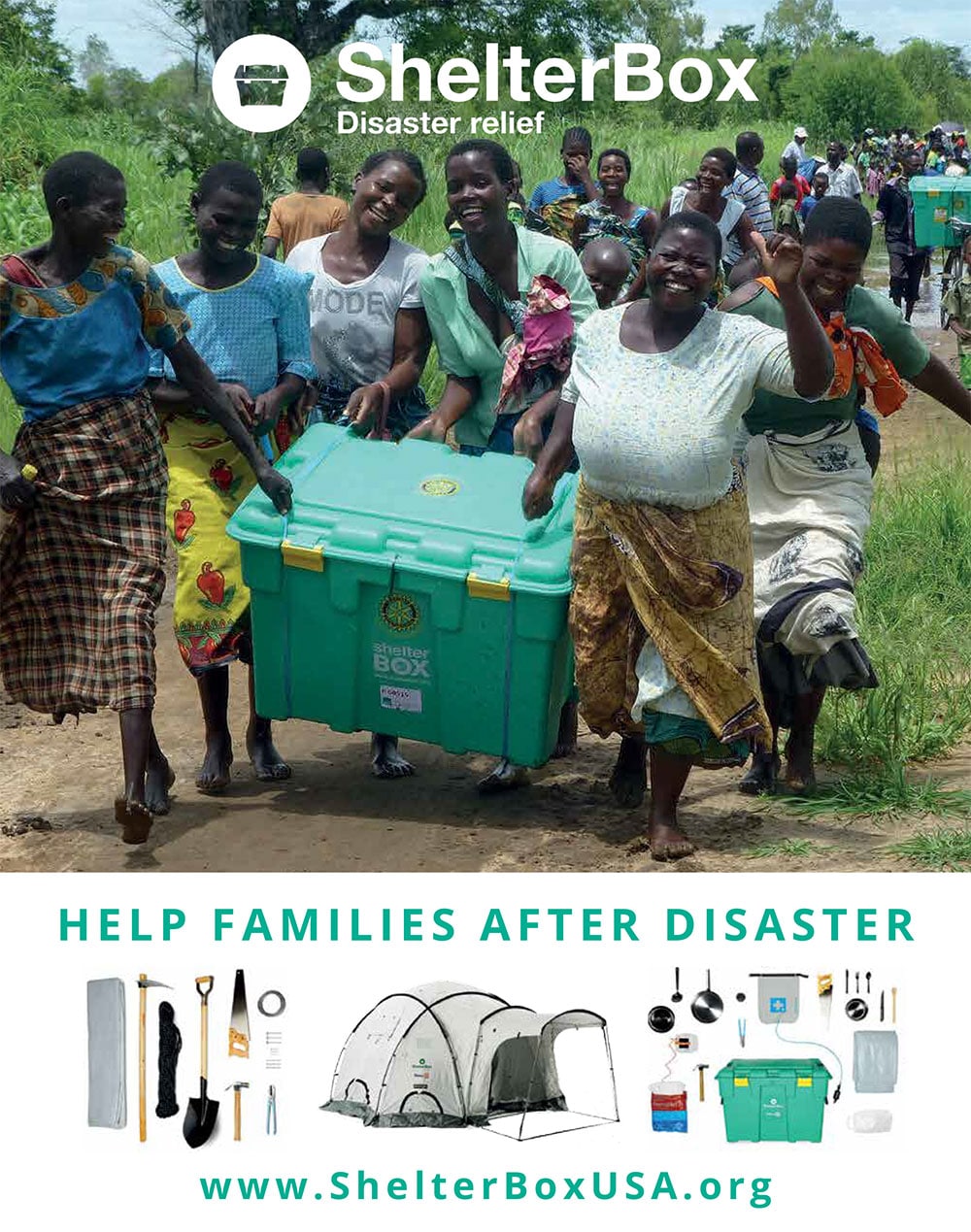
Jan-Mar 2020




It’s not something people want to talk about or even admit. But leadership, like life itself, is an emotional experience. As a leader, more responsibility brings more emotions into situations, and managing them is ultimately a significant factor of success. This is because a leader is not only responsible for their own emotions; they also share responsibility for the emotional wellbeing of their team. In leadership circles, we refer to this as motivation and morale.
Contents
Rick Thomas
Editor
Nance Larsen
Cover Story Photo
Terry Lee Cafferty
Visualizer
Scott Mlynarczyk
The STRIVE Group, LLC
Subscribe to the Magazine
thestriveproject.com/subscribe
Copyright © 2020
The Strive Group, LLC
All rights reserved.
with Knowledge
hen I was a university student, I had a unique mathematics professor. A formal man, he only came alive when solving differential equations on a blackboard. One day, he taught me a fundamental truth about knowledge by drawing a small circle in chalk.
“Imagine,” he said, “that everything you know is contained within a circle, and everything outside of the circle is unknown. The more you learn, the bigger the circle grows.”
Admittedly, as life lessons go, this one did not look promising.
Then he said, “When the circle grows its circumference does too – like a balloon, it stretches to touch more of the unknown. Learning doesn’t just increase what you know; it shows you more of what you don’t know, and just how much there is to discover.”

he ShelterBox tent is a big piece of equipment. It’s easily three long strides across. Maybe that’s why I didn’t notice her at first. In fact, that’s probably the first thing I remember about Jingky and that long-ago trip to the Philippines – that she wasn’t there, and then suddenly, she was.
ShelterBox deployment teams are tasked with helping to shelter families who have lost everything in an earthquake, flood or conflict. We’re nearly always accompanied by someone from the local government or a local non-profit who can help interpret and help us to find the people who most need our assistance. Jingky must have been talking to someone while Chris and I were busy getting the skin of our tent laid out and ready to pop.

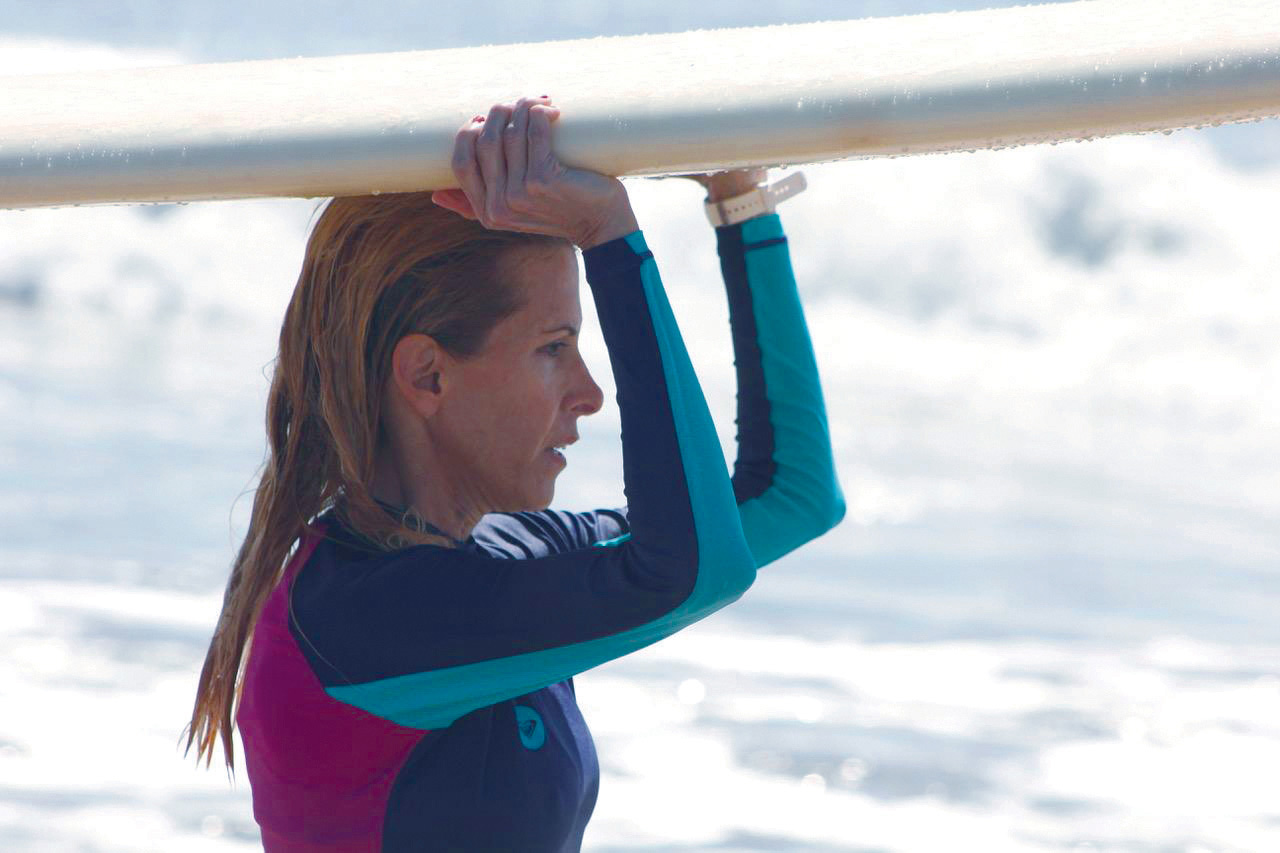
learned one of my most important life lessons on a day that scared me half to death. I was learning to surf on a beautiful day, but the San Diego swell was way above my novice ability. I went for a wave I should not have attempted. The wipeout was brutal and the wave so powerful that it pushed me head-first all the way to the ocean floor, slamming my neck against the sand.
Seconds earlier, I had been in the lineup in deep water. I couldn’t understand how I had so quickly torpedoed all the way to the ocean floor. I tried to surface, and just as I saw daylight and thought I would catch my breath, another wave came crashing on my head, sending me under and unable to breathe. I was trapped in the ocean’s washing machine of chaos, scared and wondering if this was how surfers drowned. I was tumbling in all directions, spinning helplessly in the dark with no idea which end was up or how to get there. I didn’t know where my surfboard was or if it would smack me on the head, how much longer I could go without breathing, or if I’d ever be able to breathe again.
s an officer in the U.S. military for more than 30 years, and a corporate executive for more than 20 years, I’ve come to find there is a universal nature to the principles and practices that apply to achieving success as a leader. They are the same whether you’re on the battlefield or in the boardroom, because leadership is ultimately about people, and what motivates and inspires people to perform is the same whether they are in uniform or not.
The truth is, anyone can lead like a warrior, regardless of whether they’ve ever stepped foot on a battlefield, and I’ve found that the way to do this is through a leadership philosophy I’ve developed and embraced called People First – Mission Always, which focuses equally on the people you are leading and the mission of the organization. As a leader, the most important resource you have is your people. They are more important than the money, facilities and all the other tools the organization gives you – because well-led, well-trained, performance-oriented people will get the job done every time. Likewise, I emphasize Mission Always because every organization exists to accomplish a mission. If your organization doesn’t accomplish its mission, then nothing else matters.

Take part in the Social and Emotional Learning Challenge at EduCatalyst.com
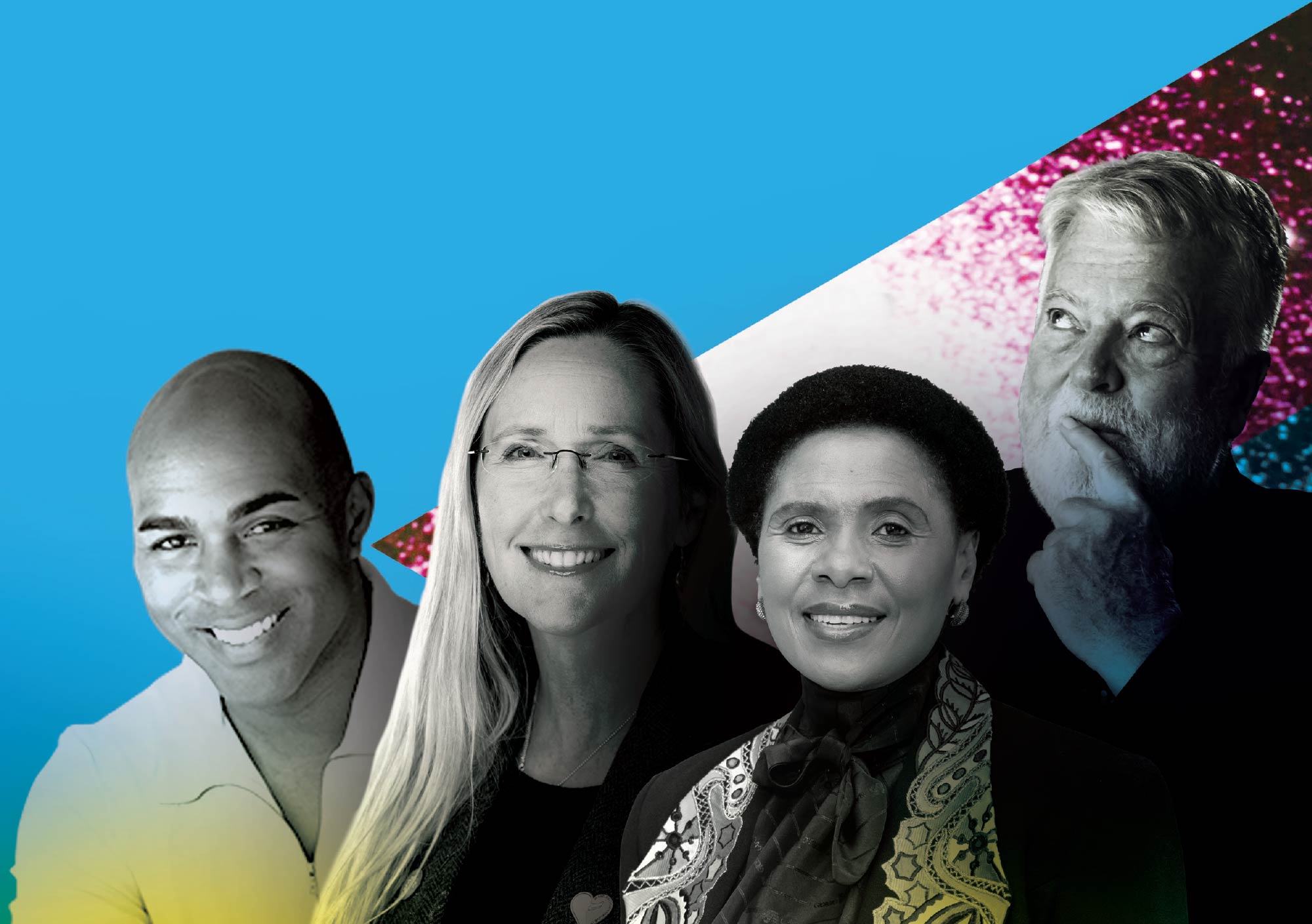





verything I thought I knew was turned upside down following a tragedy that I experienced seven years ago. My six-year-old son, Jesse, was brutally murdered in his first-grade classroom at Sandy Hook Elementary School in Newtown, Connecticut. It was one of the worst school shootings in U.S. history. The support I received, my determination to be part of the solution to the issues that caused the tragedy, and learning about social and emotional intelligence enabled me to take control of my life for the first time. I became the conductor of the train rather than just a car on a prescribed track.


verything I thought I knew was turned upside down following a tragedy that I experienced seven years ago. My six-year-old son, Jesse, was brutally murdered in his first-grade classroom at Sandy Hook Elementary School in Newtown, Connecticut. It was one of the worst school shootings in U.S. history. The support I received, my determination to be part of the solution to the issues that caused the tragedy, and learning about social and emotional intelligence enabled me to take control of my life for the first time. I became the conductor of the train rather than just a car on a prescribed track.

Experience
to Purpose
hances are that in the time you read this piece, somewhere on this good earth a journalist will be threatened, censored, assaulted, unjustly arrested, jailed, kidnapped, or, God forbid, murdered. The free press and liberal democracy will have received yet another grievous wound.
As an octogenarian, I view the mission of protecting journalists and journalism itself against such attacks as the “gold” of public service in my golden years.
For me, this has been both a personal and professional life lesson: The talents, experience and relationships gained during a career can have value as contributions to a worthy cause later in life. For years, my affinity community has been journalism. The thread: editor-in-chief at the Manhattan College newspaper; a first job as a reporter/editor; a transition to the public relations profession, where I developed relationships with the media; and now a return to journalism. Finding the worthy, related cause wasn’t difficult.

STEP 2: Create interest
STEP 3: Motivate Action
STEP 4: Reap rewards
- AxisTV Signage Suite content management software is scalable, flexible and user-friendly.
- Award-winning interactive touchscreen designs invite your audience to participate.
- Interactive and e-paper meeting room signs help you manage shared spaces more efficiently.
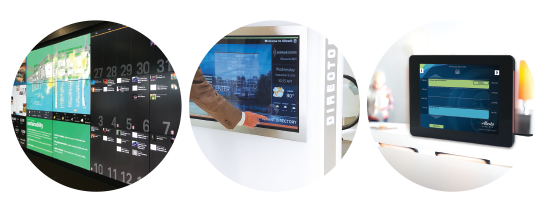

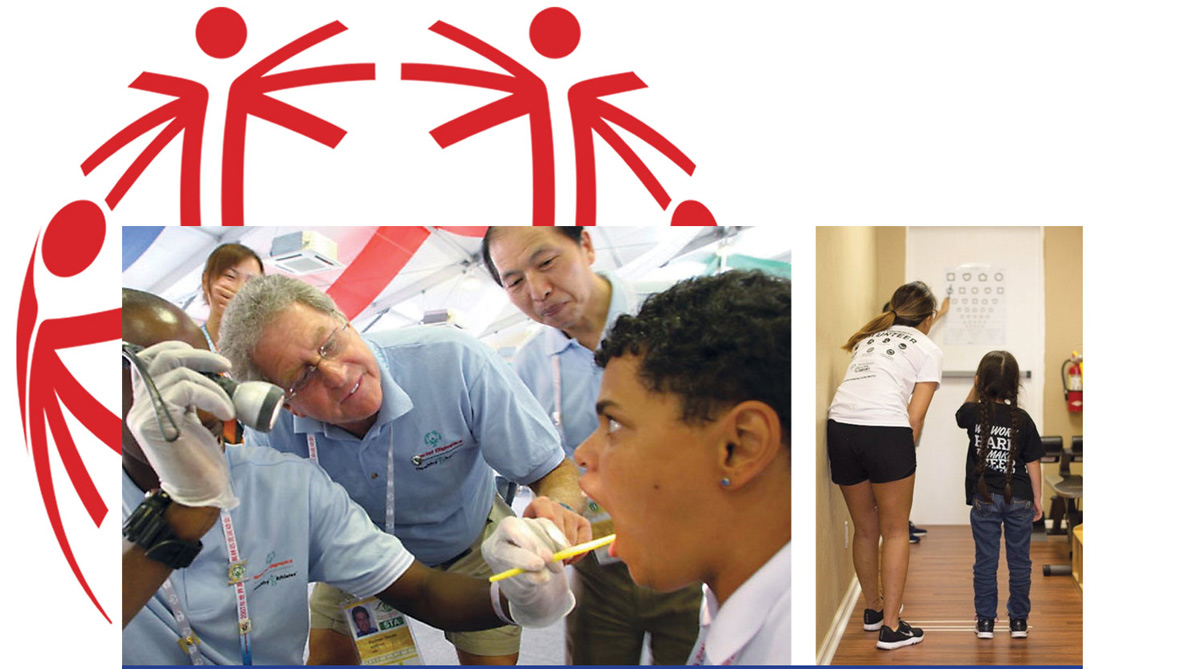
never once had a lecture on intellectual and developmental disabilities (ID/DD) in medical school. I never had a professor show me how to do a physical exam on a person with ID/DD. I never received training on medications for someone with ID/DD. Yet somehow, I got the impression that caring for people with ID/DD was difficult, time-consuming, unrewarding and not something I’d ever want to do.
I wasn’t alone. It’s not like cardiothoracic surgery, where you cut open a living person, stop the heart, save a life, and in about 12 hours make everything better. It’s not like obstetrics/gynecology, where you bring babies into the world and advocate for women’s health. It’s not what the beautiful dermatology people do, and it’s not a “sexy” area of innovation and technology. So, then how did I end up spending my entire career caring and advocating for people with ID/DD?
helping you and your business move forward.
- Assessments
- Training
- Coaching
- Training
- Coaching
- Team Building
- Strategic Planning
- Action Planning
- Infrastructure Development
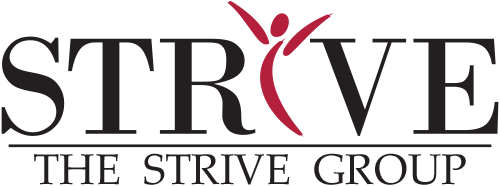
907.2.STRIVE
in Crisis
s a communications consultant, my scope of work includes assisting clients in times of crisis. No one really likes dealing with crisis. By definition, crises are difficult and tumultuous. Unfortunately, if you’re in business long enough, experiencing a crisis of some kind is inevitable.
Crises take many forms. Some are obvious, such as large-scale disasters or mass-casualty tragedies. Some crises don’t endanger human lives but threaten a company’s survival by breaking down reputation, credibility and people’s trust, i.e. scandals, public embarrassment or criminal acts.
Assisting in areas of crisis throughout the years, I’ve found no two to be exactly alike. However, outcomes are always better when a company commits to three things:
esilience is something we earn. Sometimes we earn it through hard work and intense efforts. Other times, we earn it through surrender and the release of something that is no longer supportive personally or to our organization. Yet the one truth that cannot be escaped is this: To cultivate resilience, you must have challenge as well as the ability to learn fortitude. They go hand in hand.
As an entrepreneur, parent and executive coach, I’ve been studying resilience in leadership for several years. I’ve discovered all sorts of tools, techniques and approaches for building resilience. and the one constant is this: Connection is the root of all resilience. Connection gives us the ability to see and experience the reality of our moment. Perhaps most importantly, connection provides access to what is already good within us and our environment despite the difficulty at hand. Access to connection is our fuel for action. Connection provides us the courage and energy to face our challenges.
am a planner. I actually wrote my bucket list in 1986 when I graduated from high school, and everything on that list – well, almost everything – has been achieved. As the youngest in my house, I felt the need to make a statement, to demonstrate to my parents and siblings that I was an overachiever, either a result of my competitive spirit or as a way for me to reward myself with that good-feeling moment over and over again.
Born and raised in Puerto Rico, my mother used to say, “Look at the Cubans: They lost everything, but no one could take from them their education.” So this became my goal: to study hard and choose a good career to ensure a great future. I still remember my friends asking me if I planned everything in my life; they could not believe that such a young person could really know what she wanted to do in the future.
or in-person
 Becoming a Supervisor
Becoming a Supervisor
 Respectful Workplace
Respectful Workplace
 Effective Communication
Effective Communication
 I’m Not a Lawyer!
I’m Not a Lawyer!
 Decision Making
Decision Making
 Conflict Resolution
Conflict Resolution
 Discipline for Positive Outcomes
Discipline for Positive Outcomes
 Effective Delegation
Effective Delegation
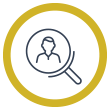 I Want You!
I Want You!
 SOS: Supervisors on Safety
SOS: Supervisors on Safety
 Performance Management
Performance Management
 Coaching & Mentoring
Coaching & Mentoring
 Mission, Vision and Values
Mission, Vision and Values
thestrivegroup.com/events-supervisor-bootcamp


MAKING SIMPLE THE NEW NORMAL
THE CHARIOT GROUP:
![]() EXPERIENCED
EXPERIENCED ![]() KNOWLEDGEABLE
KNOWLEDGEABLE ![]() PROGRESSIVE
PROGRESSIVE
![]() EXPERIENCED
EXPERIENCED![]() KNOWLEDGEABLE
KNOWLEDGEABLE![]() PROGRESSIVE
PROGRESSIVE
Powerful, transparent technology that works.
OUR SERVICE MAINTENANCE AGREEMENTS INCLUDE:
![]() Preventative Maintenance
Preventative Maintenance![]() Both On-site & Remote Support
Both On-site & Remote Support![]() MySupportTM Web Portal
MySupportTM Web Portal![]() File Retention
File Retention![]() Training
Training![]() Equipment
Equipment
info@chariotgroup.com | 877.822.5300 | www.chariotgroup.com

Thanks for reading our Jan-Mar 2020 issue!





